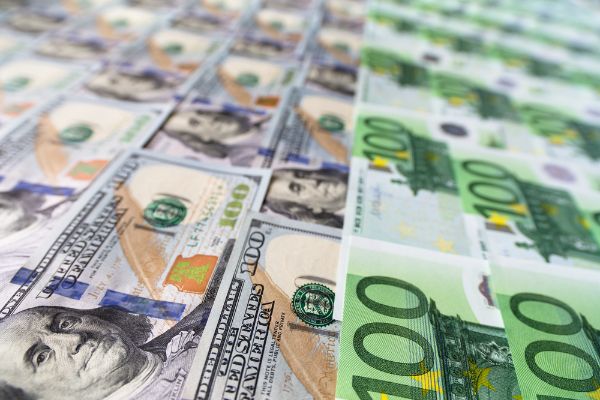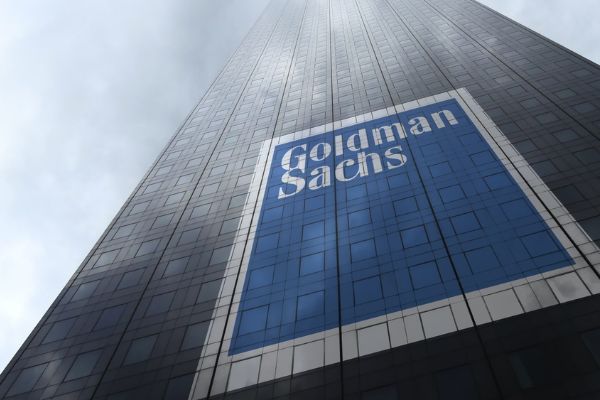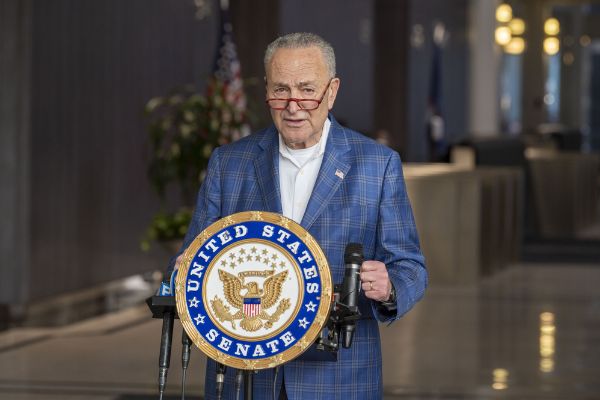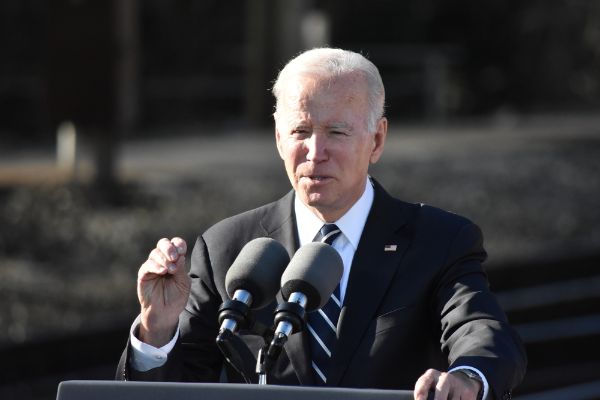The FDA’s “failure to respond to the nationwide” infant-formula shortfall last year is under investigation by House Republicans.
James Comer (R-KY), chair of the House Oversight and Accountability Committee, and Lisa McClain (R-MI), chair of the Health Care and Financial Services Subcommittee, are requesting that the FDA deliver to the committee by April 4 all documents and correspondence between the FDA, the Department of Health and Human Services, and White House staff regarding the FDA’s response to the shortage of formula.
In their letter, the Republicans outlined:
“There was no motivation, and no necessity,” according to the “Operational Assessment of the FDA Human Foods Program,” report from the Reagan-Udall Foundation, to “encourage critical thinking as well as actively making decisions” during the infant formula crisis. You claimed that there will be no reassignments or firings related to the administration’s reaction to the newborn formula shortfall in spite of this assessment and the apparent need for a significant revamp.”
“When the COVID-19 epidemic affected global supply chains in the summer of 2021, there were shortages of infant formula. How families across the country would feed the babies in their families and communities was a concern as the administration frantically tried to manage the problem. Now, the stated restructuring of the nutrition and food division just calls for specific offices and staff to report to the newly made position of the Deputy Commissioner for Human Foods, as opposed to removing or reassigning those responsible for the inadequate response to this problem. The Committee is worried that the FDA’s restructure is merely a show rather than a genuine endeavor to hold people accountable and make significant improvements.”
Infant formula shortages started in the first half of the coronavirus pandemic and worsened in the summer of 2021 as a result of the pandemic’s subsequent disruption of the world’s supply chains.
Subsequently, in Feb. 2022, Abbott Laboratories closed the company’s biggest formula production, which makes around one-fifth of the formula consumed in the United States, due to safety concerns and also recalled a number of infant formulas from the facility. Unavoidably, this led to bare store shelves, higher pricing, and businesses restricting sales of in-demand goods. 43 percent of formula goods are still out of stock nationwide as of May 2022, according to a survey.
According to the Wall Street Journal, the Biden admin. used its agreements with commercial air-cargo companies to import baby formula into the U.S. from other nations during the scarcity through a program named Operation Fly Formula. Also, the agency permitted a number of foreign manufacturers of infant formula to market their goods in the US.
The letter’s press release also admitted that the FDA delayed taking the necessary actions to resolve the situation even though former President Trump’s HHS Sec., Xavier Becerra, had enough notice of the shortage’s emergence at the time.
According to the Wall Street Journal, the committee has also set a hearing on the subject for next week, at which Frank Yiannas will testify. This former FDA employee was involved in the recall of the formula.










